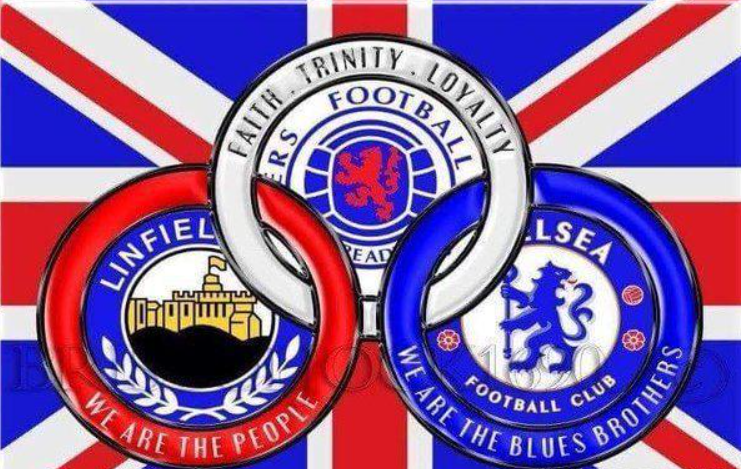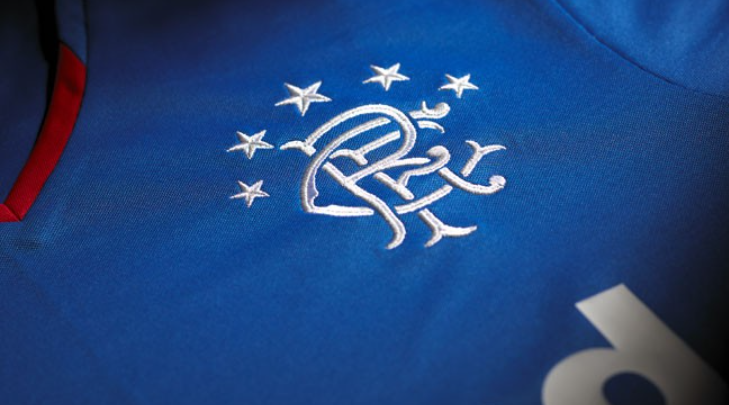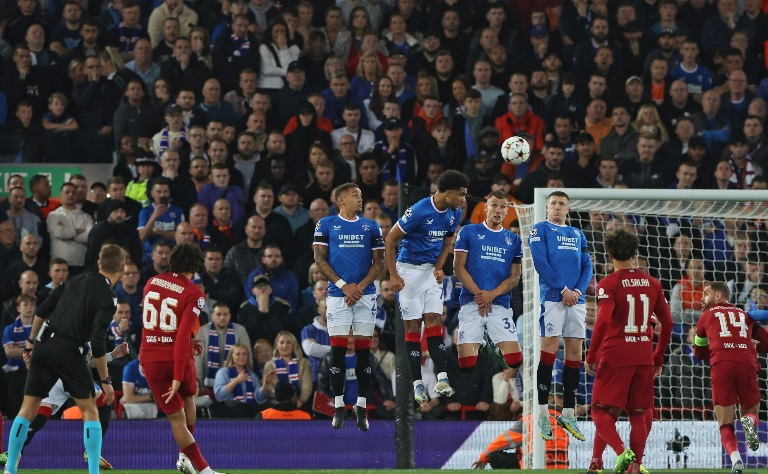Introduction:
Football (soccer) is more than just a sport, it’s a cultural phenomenon. The Rangers-Celtic rivalry is one of the most famous football rivalries in the world. It’s not just about football, it’s about the history, culture, and identity of Scotland. In this article, we will explore the cultural significance of the Rangers-Celtic rivalry beyond the pitch.

The History of the Rivalry:
The rivalry between the Rangers and Celtic football clubs is deeply rooted in Scottish history. It dates back to the 19th century when Catholic Irish immigrants moved to Scotland and started playing for the newly formed Celtic Football Club. The Rangers, on the other hand, were founded by Protestants and represented the unionist cause. The two clubs’ religious affiliations and political beliefs created a deep divide between their fans that persists to this day.
The Impact on Scottish Society:
The Rangers-Celtic rivalry has had a significant impact on Scottish society. It has reinforced the religious and political divisions that have long existed in Scotland. The rivalry has also had a negative impact on the country’s image, with some international fans associating Scotland with sectarianism and violence.
The Role of Politics:
Politics has played a significant role in the Rangers-Celtic rivalry. The rivalry has often been used as a way for politicians to rally support around their cause. For example, during the Scottish independence referendum in 2014, the leaders of both clubs took opposing sides, with the Rangers supporting the unionist cause and Celtic supporting independence.

The Cultural Significance:
The Rangers-Celtic rivalry is not just about religion and politics. It has become a cultural phenomenon that extends beyond football. The rivalry has inspired art, literature, music, and even fashion. The green and white hoops of Celtic and the blue and white of Rangers have become iconic symbols of Scottish culture.
The Future of the Rivalry:
The Rangers-Celtic rivalry shows no signs of slowing down. The two clubs continue to dominate Scottish football and their fans remain fiercely loyal. However, there have been recent efforts to address the sectarianism and violence associated with the rivalry. The Scottish government has introduced legislation to combat sectarianism, and the clubs have taken steps to promote respect and tolerance.
Conclusion:
The Rangers-Celtic rivalry is more than just a football rivalry, it’s a cultural phenomenon that reflects the history, culture, and identity of Scotland. While the rivalry has had a negative impact on Scottish society, it has also inspired art, literature, and music. The future of the rivalry remains uncertain, but there are reasons to be hopeful that it can evolve into a more positive force for Scottish culture and identity.













